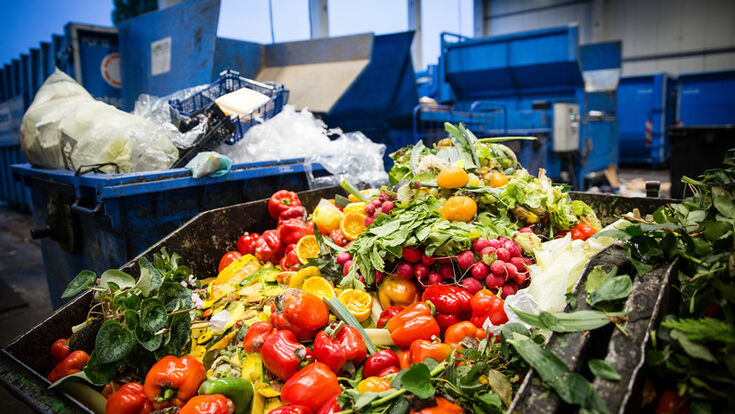Food Waste : British food companies set to cut food waste by 30%

A score of Britain’s largest retailers, restaurants and supermarket have pledged to slash food waste by 30% according to the latest UN emissions target.
47 British companies have agreed to save 580,000 tonnes of food waste from being sent to landfills.
This goal is to set the UK up for achieving a UN emissions target that requires participant countries to halve their carbon emissions by 2030.
The British food industry wastes nearly 3 million tonnes of food on an annual basis, with food waste accounting for 17 million tonnes of greenhouse gas emissions each year, according to the food charity Waste and Resources Action Programme (WRAP).
The pledge comes as an add-on to the previously formulated Courtauld Agreement by WRAP, which, by 2025, aims to reduce the entire volume of food waste by 20%.
Global conglomerates such as Coca-Cola, Unilever, Associated British Foods and Nestle have agreed to help cut their sector’s food waste by 26%, saving 200,000 tons. Fast food chains such as McDonalds, Pizza Hut and KFC have agreed to eliminate food waste by 37% or 300,000 tonnes. The total amount of reductions as seen across the food sector comes up to 30%.
All parties will also be required to check date labels and storage advice for products to make sure less food ends getting discarded. Currently, ‘use by’ and ‘best before’ labels on fresh produce such as fruit and vegetables induce costumers as well as retailers to throw out products way before their due, leading to £900 million of extra waste.
Supermarkets will also be tasked to help consumers buy the right size packs of vegetables, meat and dairy products while surplus food is set to be distributed to relevant charities or be repurposed as animal feed.
Nestlé representative Andrew Griffiths said: “Food waste is a critical issue, both in terms of its environmental and social impact. The new ambition in Courtauld 2030 provides clarity on the scale of action required.”
